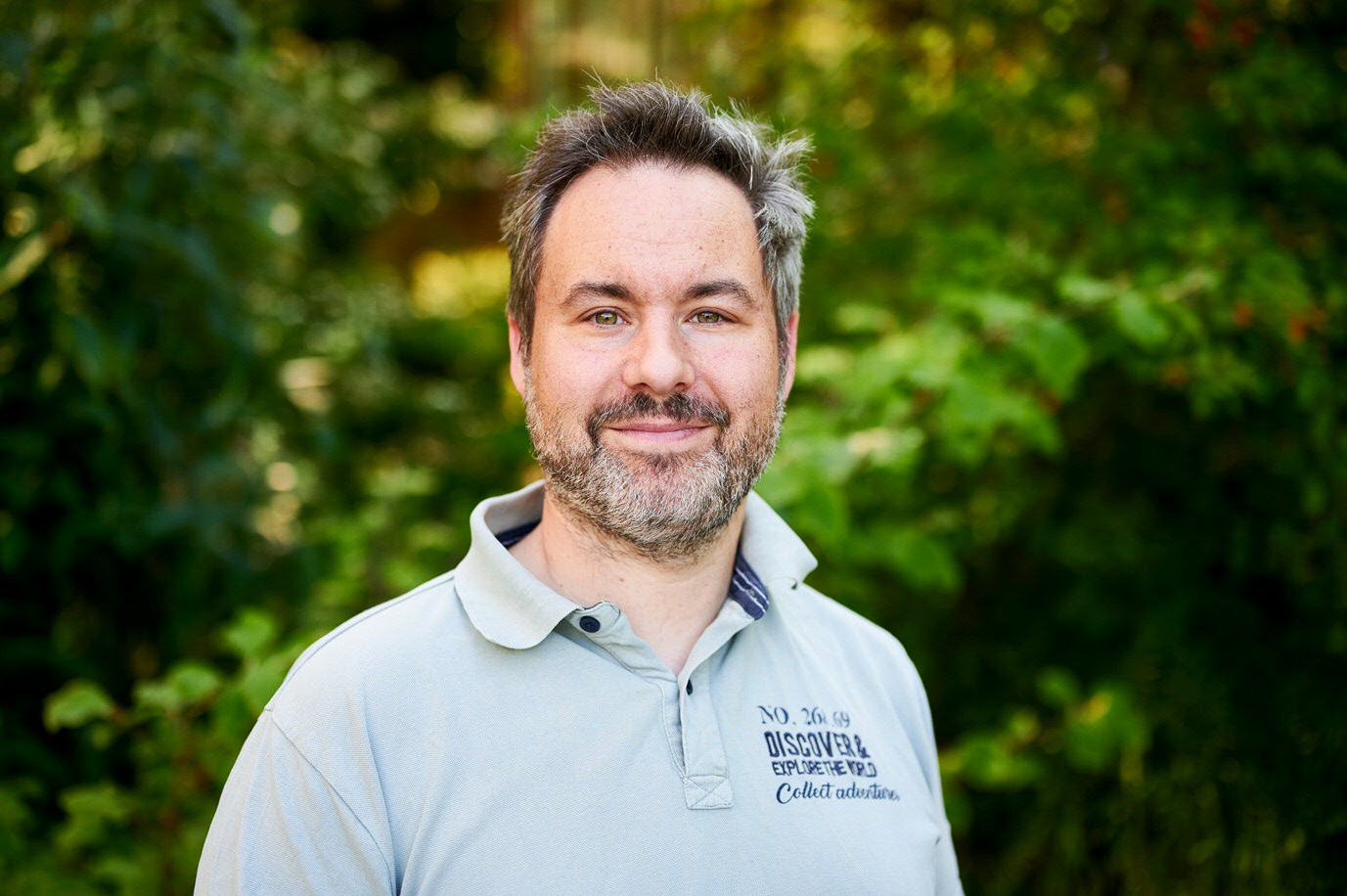docent Danny Kostons
You gain a deep theoretical understanding of how learning works when interacting with other people, artefacts such as books, apps and virtual reality, and in interaction with themselves.with yourself.
‘Up till the fourth year of pre-university (VWO), I was a good student who scored eights and nines. Then the ‘second phase’ (transl.: the last two years of HAVO and the three last years of VWO) was introduced, and along with it the so-called study house (Dutch: studiehuis).
The idea was that this would make students learn in a self-regulated way, but as a result, my marks for the science subjects went into a free fall and I passed by the skin of my teeth. My degree in Technical Computer Science ended up being a failure because I had never learned how to learn. That made me so cross...
lees verder ...





